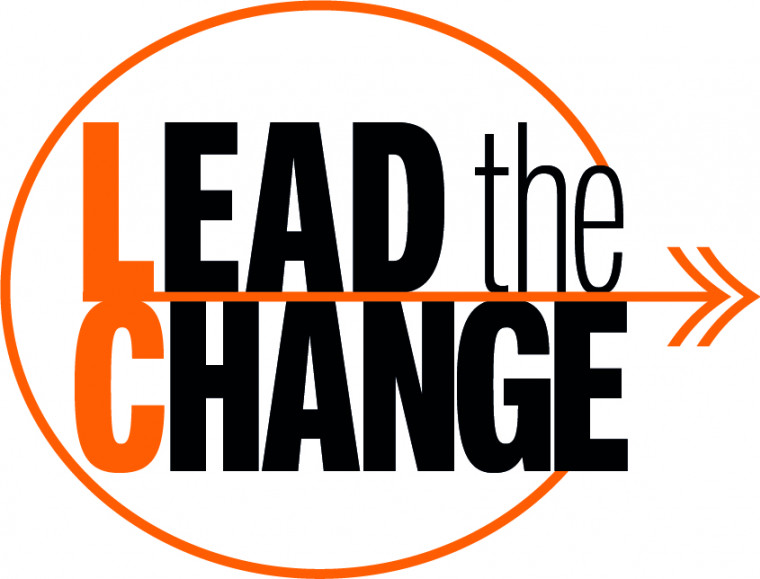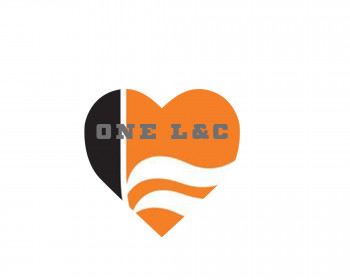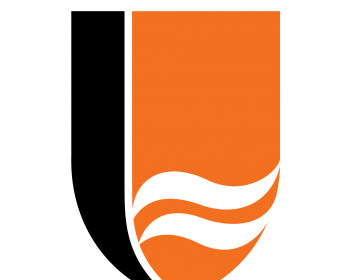Advocacy and Resources During Covid-19
Open gallery

This is a stressful time for many, and we recognize that returning home or practicing social distancing can put some of our community members at greater risk of harm. Students living with abusive intimate partners or family members have fewer options for spending time with other people, and may find themselves even more isolated from crucial support networks. Many LGBTQ+ students feel safer at school than they do at home, if the people they live with aren’t accepting of their identities. Increased tensions at home have led to an increase in intimate partner violence around the world and our community is not immune.
We want you to know you are not alone, and Lewis & Clark is still here to offer you support and resources.
For Survivors:
On behalf of the Office of Health Promotion and Wellness, and our campus Sexual Assault Response Advocates (SARAs), we would like to spread the word about the tele-communication resources that are available at this time.
Even if you are not on campus, any member of the Lewis & Clark community can speak with a SARA for support. Whether you are a survivor of sexual or interpersonal violence, a friend of a survivor, a concerned student, or a faculty or staff member, we are here for you. All interactions with SARAs are confidential.
If you are at home in a different state or country, a SARA can help connect you with local resources so that your needs are met. The SARA page on L&C’s website has been updated to reflect the current availability of advocates. Check the webpage to meet each of our advocates and find their contact information. Feel free to reach out to an advocate individually, or contact Melissa Osmond in the Office of Health Promotion.
Additional resources:
RAINN: National Sexual Assault Hotline 800-656-HOPE (4673)
Crisis Text Line: text HOME to 741-741 anywhere in the U.S.
Sexual Assault Resource Center (503) 640-5311
Call to Safety 1-888-235-5333
The Trevor Project (for LGBTQ+ youth (up to age 24) in crisis): 1-866-488-7386
A full list of local resources is available here.
This is a stressful time for all of us - but technology still makes it possible for us to connect. Please reach out if you have any questions or concerns.
For Responsible Employees:
The same responsibilities for reporting apply to staff and faculty during this time as normally apply while on campus. Unless you are a confidential resource (such as a SARA or counselor), you are required to promptly report information you receive regarding potential sexual harassment, intimate partner violence, stalking, sexual assault, and non-consensual sexual contact. Off-campus conduct is included. Reminders about the process include:
Sexual Misconduct Complaint Process
If a student discloses to you, you can let the student know that you are required to share that information, so that the student can receive appropriate Title IX outreach to learn of reporting options, support options, and confidential resources. Concerns about any category of sexual misconduct involving students should be reported to any one of the Deputy Title IX Coordinators or through the online reporting form. Complaints involving faculty or staff should be reported to the Associate Vice President and Director of Human Resources, Heyke Kirkendall-Baker.
Professors providing remote learning are likely to have the most contact with our students now that they are fully off-campus, so faculty are in unique positions to support our students through this difficult time. Please report concerns about misconduct as well as student wellbeing as soon as possible: Online Form for Reporting a Concern.
Reporting concerns allows the appropriate assessment and response, whether from the Welfare Intervention Network, Bias Assessment and Response Team, Title IX Coordinator, Student Rights and Responsibilities, or other campus resources. All of these resources are available to our students during virtual learning.
More The Source Stories
email source@lclark.edu

